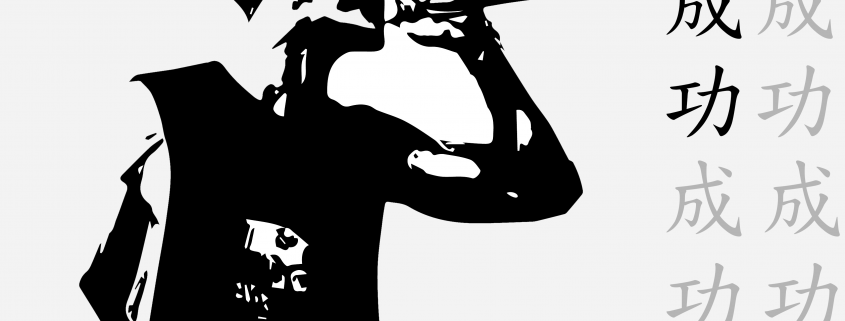Soft Power: Chinese music and artists need a new definition of ‘success’

The first time I heard Jackson Wang’s “100 Ways” playing on the radio, I was elated. For clarity, the song played on one of the Bay Area’s top radio stations, 99.7 NOW, for popular music. It was also the first time I’d ever heard a Chinese artist’s song played in the United States, albeit one that was entirely sung in English. “Jackson Wang,” I remember whisper-screaming at my mother in the driver’s seat, “from China.”
It goes without saying that music by Chinese artists is relatively underrepresented in the U.S. music industry and popular culture as a whole. In recent years, though, we’ve seen an increase in visibility.
According to Forbes, “100 Ways” was the first song by a Chinese solo artist to place on the Mediabase US Top 40 Radio Chart. Other Chinese artists such as Lay Zhang are debuting on the U.S. Billboard 200 chart and collaborating with well-known American artists such as Jason Derulo. To have a Chinese artist playing on a radio station in the United States is a testament to the progress of Chinese representation in American popular culture. This is an especially significant achievement, as Chinese artists and music have and continue to provide important experiences for many Chinese Americans like myself.
Yet this moment made me reflect more critically on the idea of “successful” music as it applies to Chinese American identity’s cross-cultural nature. It forced me to re-examine my unconscious and implicit biases toward music, specifically how I believed Chinese music had somehow been “validated” by the fact that it was playing on a radio station in the U.S. This isn’t an entirely unfamiliar phenomenon. When music journalism continues to ask what strategies Chinese popular music can employ to appeal to “Western” tastes or whether Chinese music can produce a “success story” at the level of K-pop’s global success, we begin to believe that this is what Chinese music artists should be striving for.
We shouldn’t presume that validation of music hinges upon its acceptance in the West or that it is only relevant so long as it has broken into a “mainstream” market, which for so long has typically meant the market of the U.S. Likewise, claiming that Chinese artists’ music is too “niche” for a “mainstream” audience and therefore not universal — as I’ve heard several people say throughout my life — is a deeply harmful assumption. This statement essentially implies that music is only meaningful when it’s significant to a Western audience.
Of course, I’m not saying that Chinese artists shouldn’t sing in English, or that Chinese music that appeals to an “American” audience somehow has less quality than Chinese music for a Chinese audience. Each of them has their own merits, and we definitely shouldn’t be undermining the tremendous amount of barriers Chinese artists face, especially amid rising xenophobia and deteriorating U.S.-China relations, in having their music recognized in the United States. We should celebrate and respect the achievements of Chinese music artists who establish their presence in America and actively call for more representation of Chinese artists in the U.S. music industry.
To be clear, it’ll always be a small victory when I hear a Chinese artist playing on a local radio station, if only for the reason that Chinese artists aren’t as visible as they should be in terms of the music industry in the U.S. Yet, having that appreciation of Chinese music hinge solely upon a “successful” presence in the U.S. is deeply flawed at best and xenophobic at worst.
As a Chinese American, I don’t need Chinese popular music to cater to a Western audience to be more valuable. Music that is significant to a Chinese audience is valuable enough. The domestic Chinese music industry is so rich, so complex and so diverse that to erase that would be to severely limit our cross-cultural understanding. To equate a broad definition of success or significance with a Western gaze is an incredibly harmful assumption to make about the transnational nature of Chinese American experiences.
On a personal level, I believe that to value one aspect of your identity only when it is “validated” by the other half — without the same idea being applied in return — shouldn’t be how we affirm Chinese American identity. Music isn’t more significant because it’s reached a Western audience or become “universal.” Chinese artists shouldn’t need to sing in English or change their music to fit Western tastes because to do so would disregard the fact that music as a genre is universal, no matter what language it’s in or who it’s coming from.
It’s because of Chinese artists and music that I’ve been able to engage with a cultural understanding of my own identity. Regardless of whether it’s in representation through radio or significant on a personal level, we should value Chinese music, whether it’s popular in America or China, or even if it’s not popular at all. Music from another culture, in another language offers us so much to learn about the world — if only we’re willing to listen.
Valerie Wu is a sophomore writing about the arts and pop culture in relation to her Chinese American identity. Her column, “Soft Power,” runs every other Monday.

